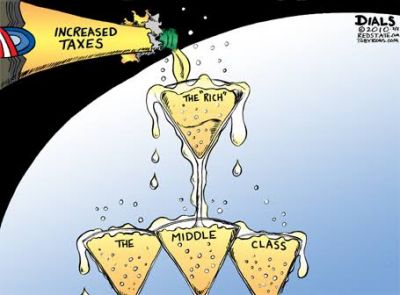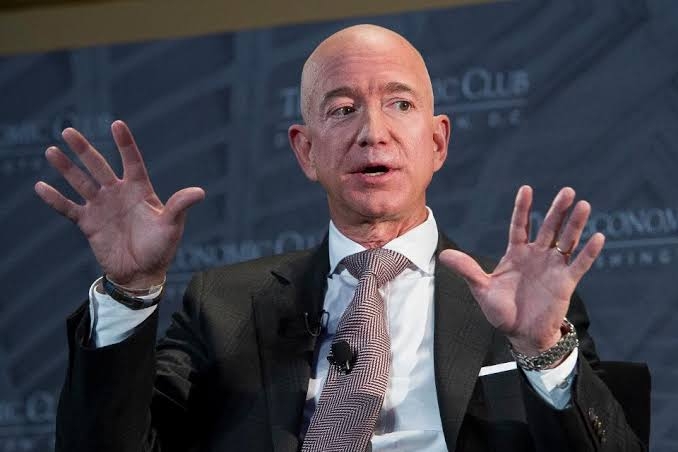Whether or not she becomes the Democratic nominee, Elizabeth Warren has brought something new to American politics; call it the charisma of wonkery. “Warren has a plan for that” has become a rallying cry for her supporters — and she has also impressed many serious policy experts with the sophistication of her proposals.
But can she pay for her plans? Leave aside Medicare for All, on which she has been cagily unspecific (and is very unlikely to happen even if a Democrat wins.) Many of the other Warren plans, for things like universal child care and enhanced Social Security, depend on raising money by taxing the wealthy.
The model for that kind of policy is Obamacare, which dramatically expanded health insurance without either increasing the deficit or raising taxes on the middle class, relying instead on a surcharge that only affected a small number of high-income taxpayers. But Warren is proposing the equivalent of several Obamacares. Could proposals like her wealth tax actually collect enough to pay for all of that?
Even some Democratic-leaning economists have been skeptical. A few months ago Larry Summers and Natasha Sarin argued that the rich would manage to avoid or evade much of the Warren wealth tax, so that it would raise much less money than promised. (Tax avoidance means using legal loopholes to skirt taxes; tax evasion means breaking the law to hide income from the tax man. Both happen, a lot, in real life.)
But last week two of my go-to tax experts, NYU’s Lily Batchelder and David Kamin, released a detailed paper titled “Taxing the Rich: Issues and Options” that, to my mind, answers many of these objections.
Let’s be clear: Nobody serious claims that higher taxes on the rich would cripple the economy. That’s a zombie idea that has been refuted by evidence time and time again, kept alive only by the fact that billionaires lavishly reward people who push it. As Batchelder and Kamin say, there’s extensive evidence that higher taxes don’t even do much to deter either work or saving among the wealthy, in part because much of the .01 percent’s income comes from things like monopoly rents that aren’t determined by effort.
On the other hand, the wealthy are quite successful at avoiding taxes. The estate tax raises much less money than you might expect given how big modern fortunes are. Capital gains tax receipts are quite sensitive to the tax rate, suggesting that raising that rate wouldn’t generate a lot more revenue.
What Batchelder and Kamin argue, however, is that effectively taxing large fortunes isn’t impossible, or even that difficult. It only looks that way because our current tax system is riddled with loopholes. In particular, we tax income and wealth from different sources at very different rates, creating many opportunities for smart lawyers and accountants to make wealth disappear from high-tax categories and reappear elsewhere. Taxes without these loopholes, like Warren’s proposed 2 percent tax on large fortunes, would eliminate most of these tricks.
And here’s the thing: There’s a lot of money at the top. Batchelder and Kamin suggest that various taxes on the wealthy could yield several trillion dollars in revenue over the next decade, perhaps on the order of 2 percent of GDP. That’s not remotely enough to pay for Medicare for All, but it’s enough to pay for some substantial new programs, and it would have the additional benefit of gradually reducing the extreme concentration of wealth in the hands of a small elite.
So can we soak the rich? Yes, we can.



























































